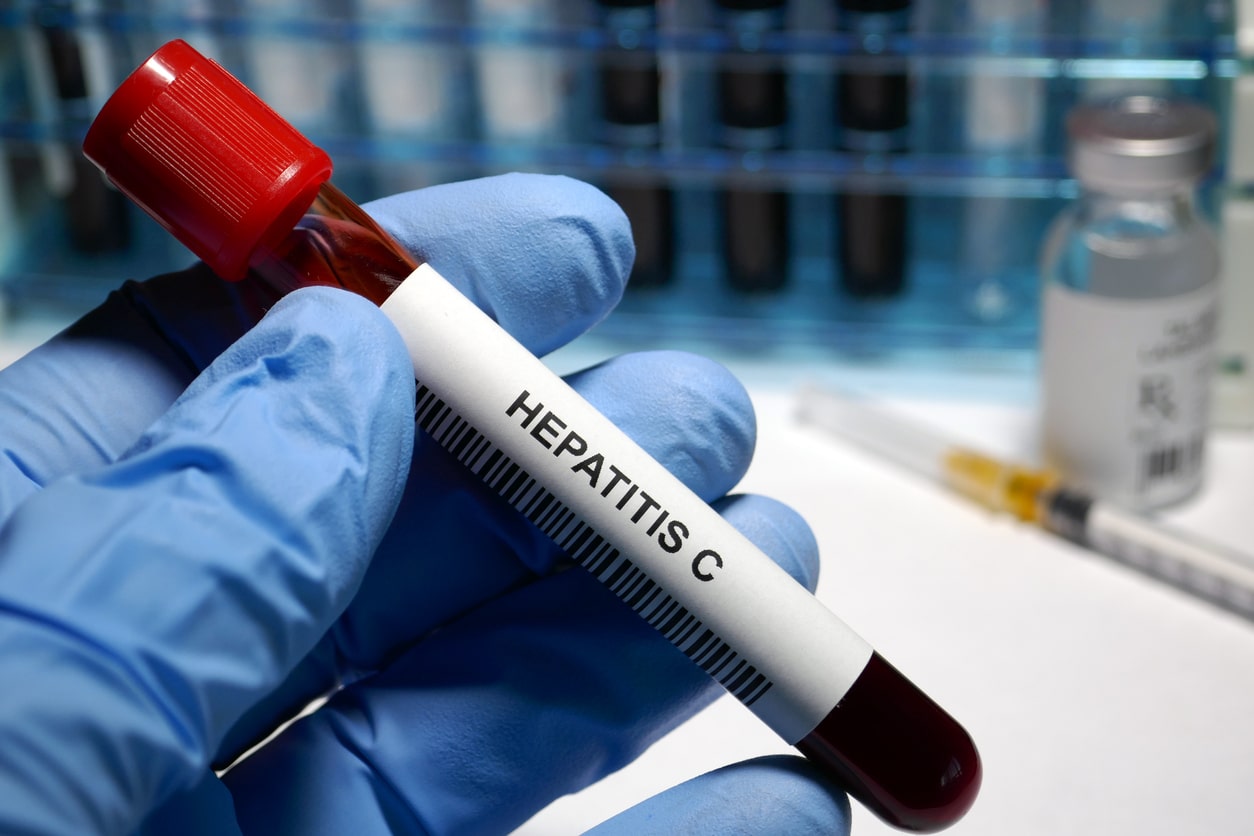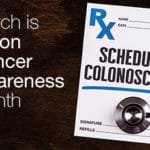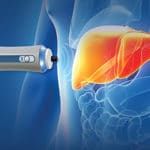If you have been diagnosed with hepatitis C, you may be wondering how it will be treated. The good news is that there are now a number of treatments available for hepatitis C, and the success rate is high. In this article, we will discuss the different treatment options and how they work. We will also talk about the symptoms of hepatitis C and how to tell if you are cured.
What is Hepatitis C?
Hepatitis C is a virus that is spread primarily through contact with infected blood. It is commonly spread through sharing needles and syringes for intravenous drug use, but it can also be contracted through unprotected sex or from an infected mother to her baby. The virus can also be spread through contaminated blood transfusions, body piercings, or tattoos.
Symptoms of Hepatitis C
Many people with hepatitis C may not show any symptoms for years, so it is important to get tested if you think you may have been exposed. Common symptoms include:
- Fatigue
- Loss of appetite
- Fever
- Joint pain
- Jaundice
If you are experiencing any of these symptoms, it is important to seek medical attention right away.
Treatment Options
The most common treatment for hepatitis C is a combination of antiviral medications. These medications work by reducing the amount of virus in your body and can cure the infection in up to 90 percent of cases. The type of medication prescribed will depend on how far the virus has progressed and how severe your symptoms are.
In some cases, doctors may also recommend lifestyle changes such as avoiding alcohol or taking certain supplements. Surgery may also be suggested in order to remove any damaged or scarred liver tissue. For people with advanced stages of hepatitis C, a liver transplant is an option.
Is Hepatitis C Curable?
Yes, hepatitis C is usually curable with the right combination of medications and lifestyle changes. In most cases, a cure can be achieved within 8 to 12 weeks of treatment. To determine if you are cured after completing your course of treatment, your doctor will perform several tests including a blood test to detect whether the virus is still present in your system.
Conclusion
Hepatitis C is a serious virus that can have long-term health consequences if not treated properly. By understanding how hepatitis C is treated, you can make sure you get the most effective treatment as soon as possible. If you think you've been exposed to hepatitis C, it is important to get tested right away and follow the recommended treatment plan for the best results.
Northeast Digestive Can Help
At Northeast Digestive, we specialize in diagnosing and treating a variety of gastrointestinal conditions, including hepatitis C. Our team is dedicated to providing the highest level of care for every patient. To learn more about how we can help you with your hepatitis C diagnosis and treatment plan, contact us today. We look forward to helping you get back on the path to good health.



